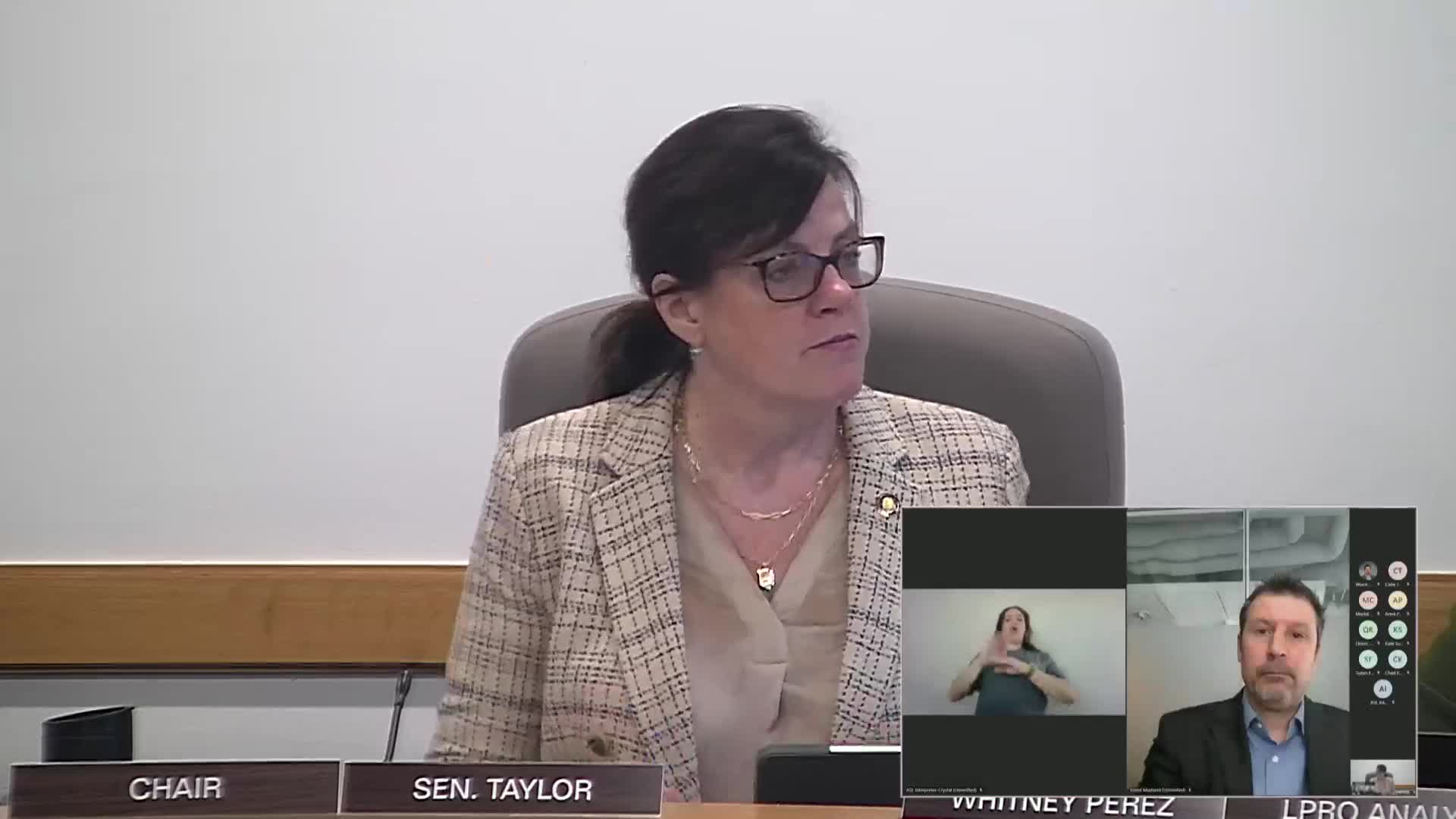Article not found
This article is no longer available. But don't worry—we've gathered other articles that discuss the same topic.
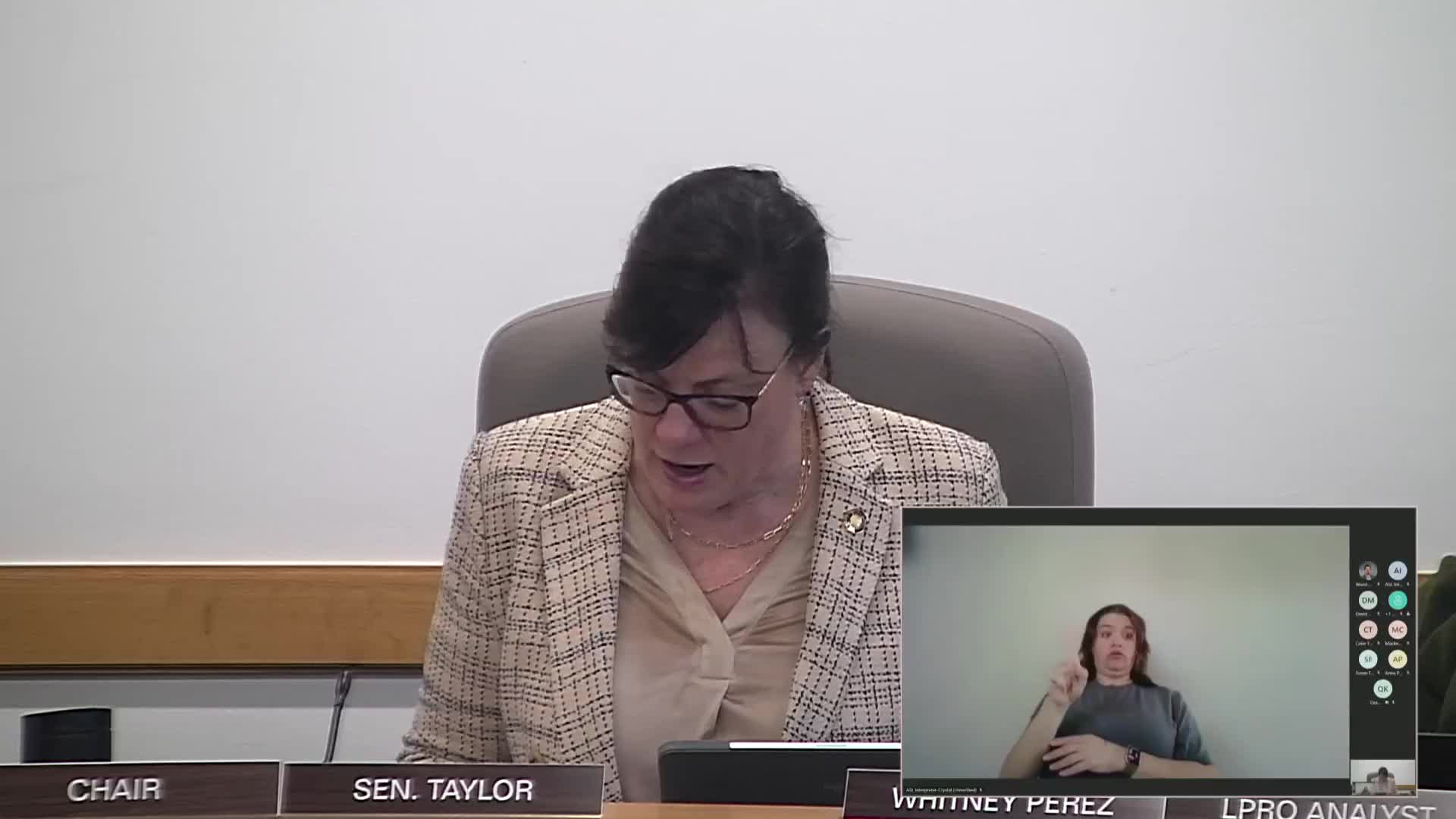
Senate committee backs amendment allowing loan for Port of Coos Bay shipyard repairs
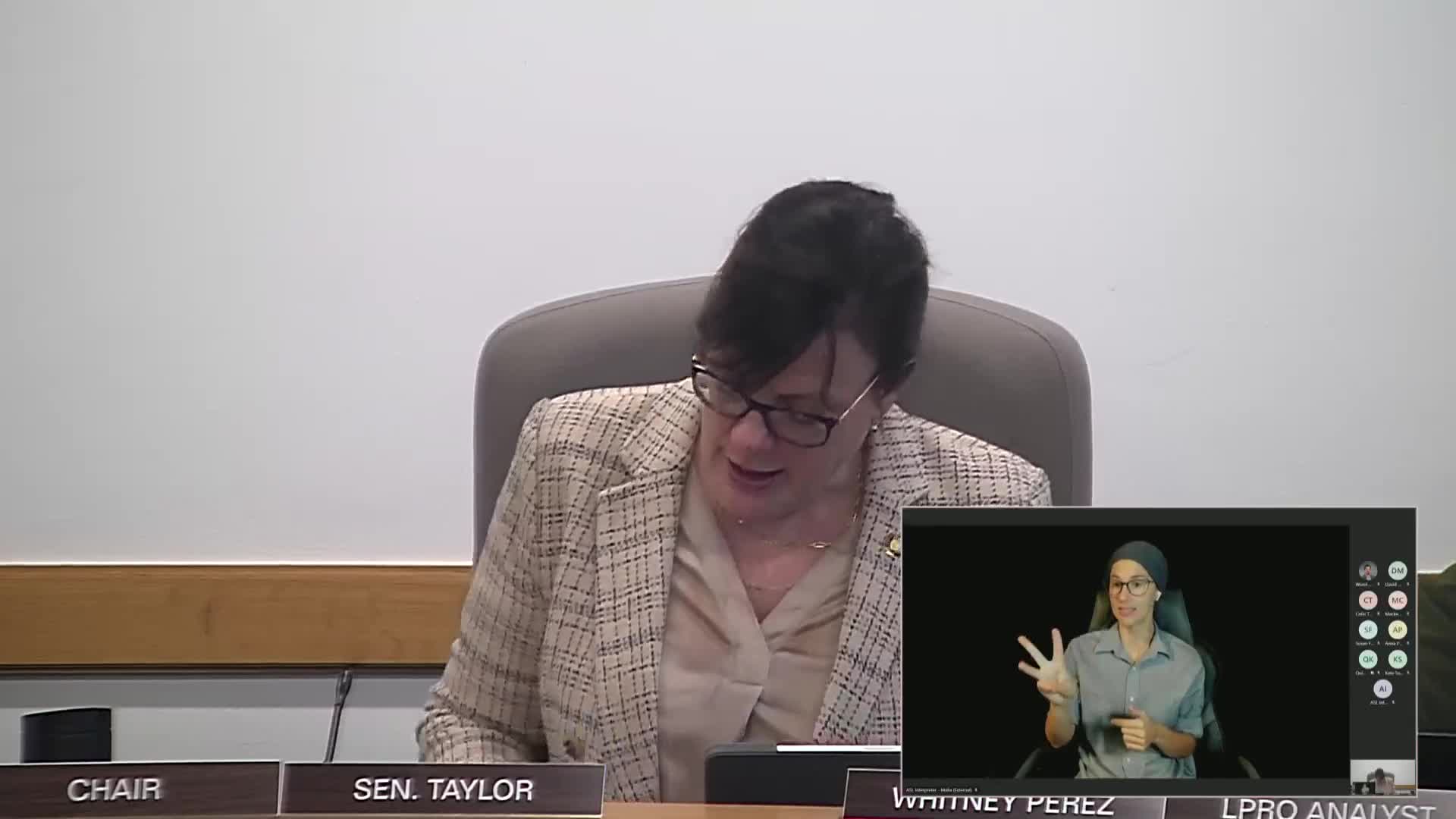
Committee hears plan to fund Lewis & Clark small business legal clinic with $4 million grant
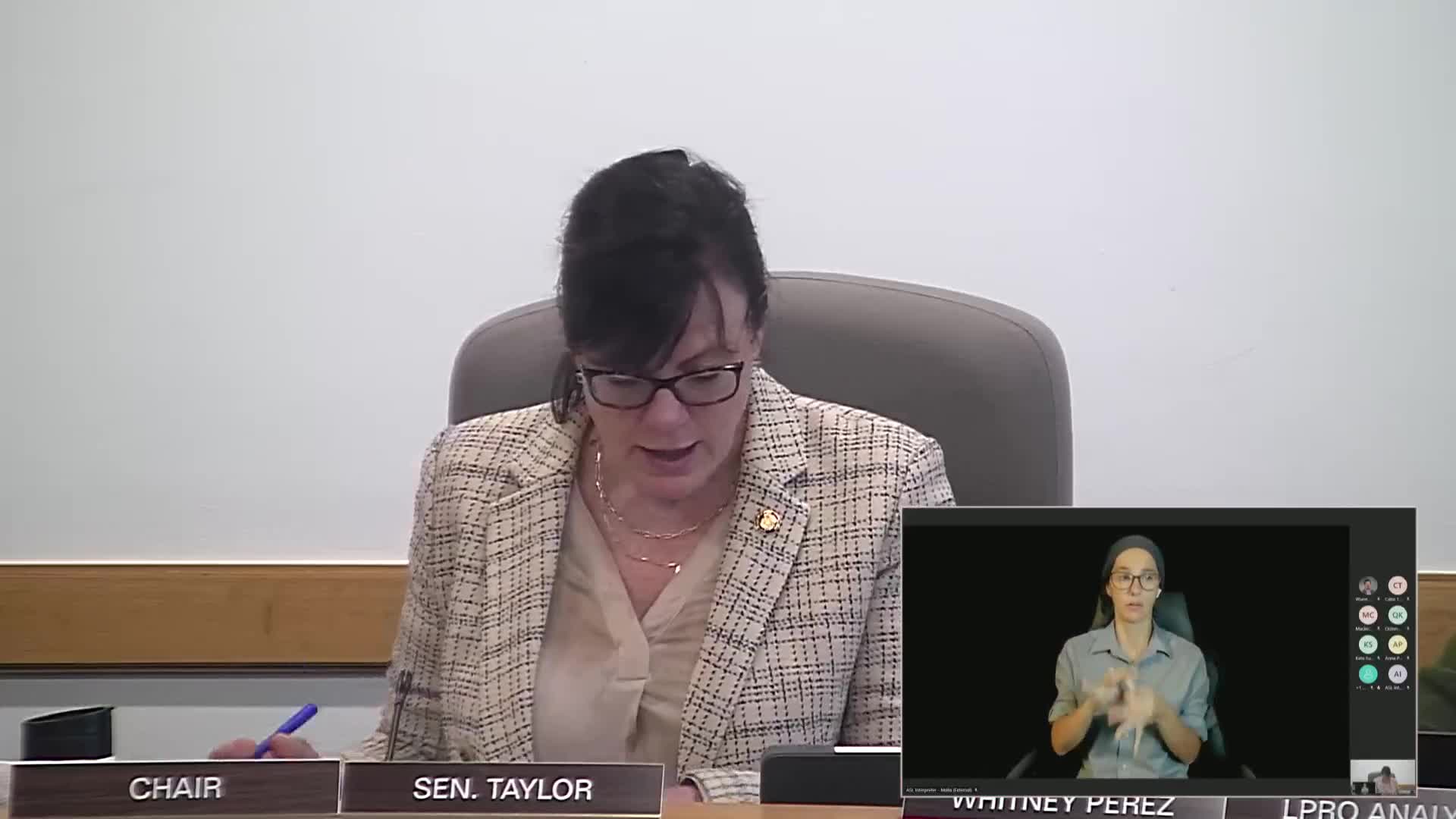
Businesses, delivery platforms warn of costs and technical issues as committee considers online pricing‑transparency bill
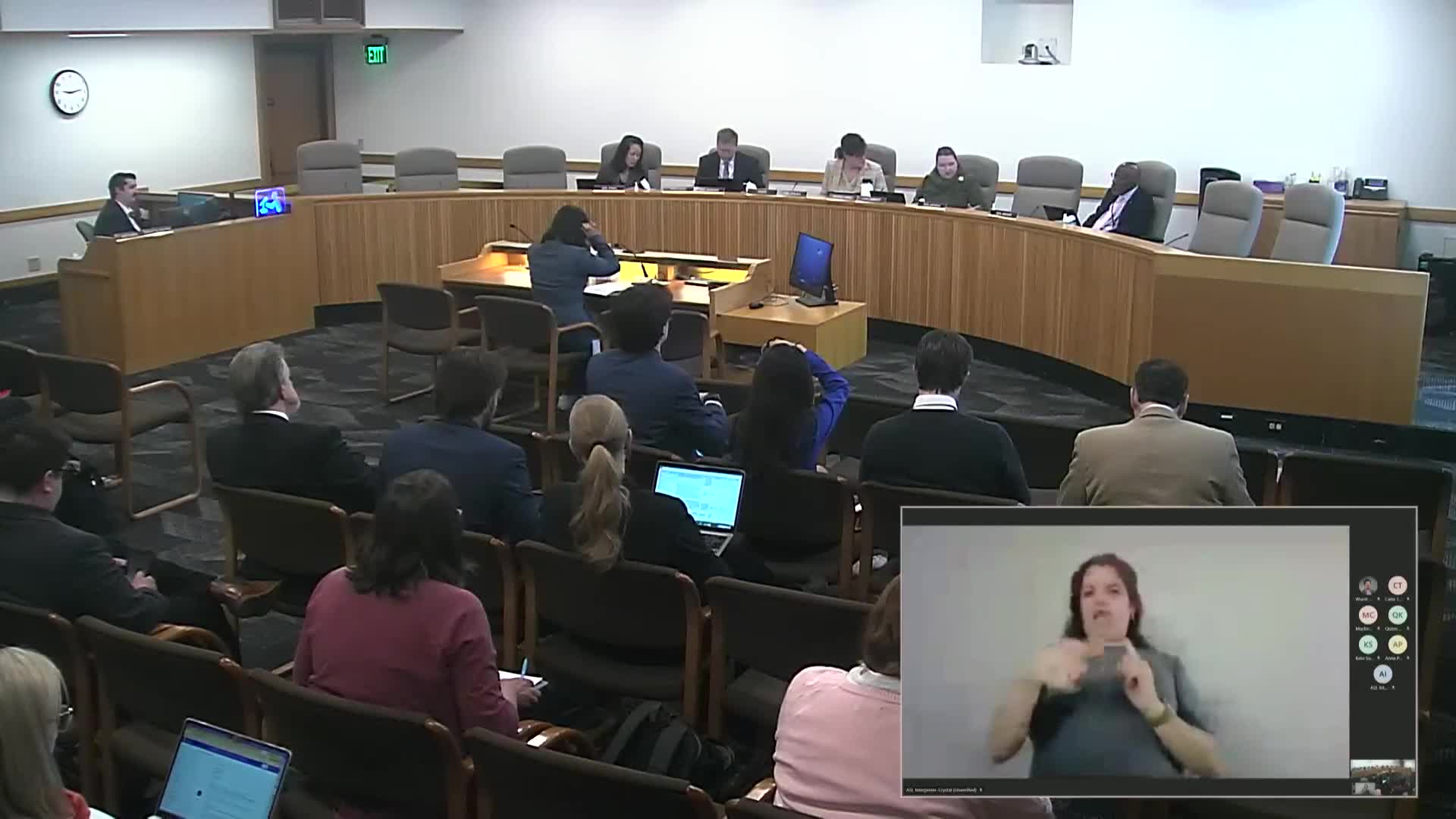
Committee hears amendment to bar medical‑debt reporting to credit agencies and void existing entries
